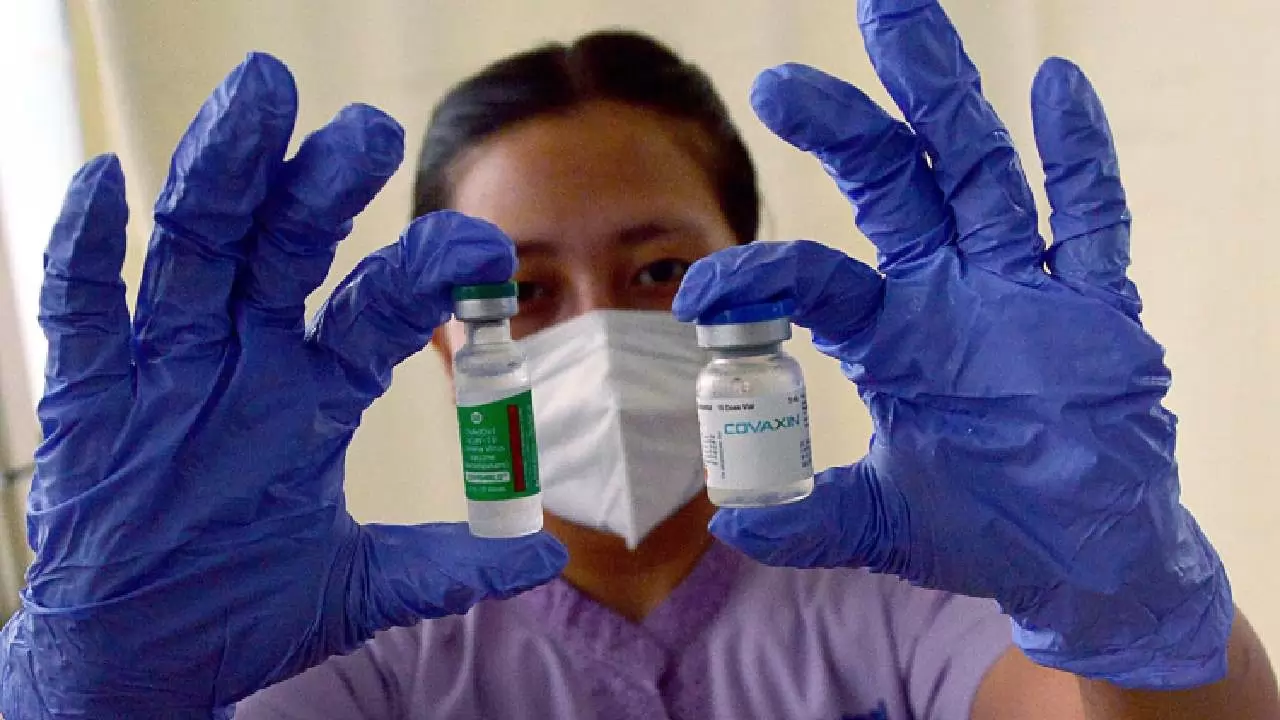
Mpox Vaccine (ANI)
The Democratic Republic of Congo, the epicenter of a global mpox health emergency declared last week, continues to face a dire shortage of vaccines, despite its plea for doses two years ago. The country's Health Minister, Dr. Samuel-Roger Kamba, emphasised the urgency, stating, "The most important thing we need right now are the vaccines."
However, despite manufacturers like Bavarian Nordic having supplies ready, the vaccines are entangled in a complex regulatory process at the World Health Organisation (WHO). Although the United States and Europe approved these vaccines long ago, the WHO has yet to grant official approval or issue an emergency use licence, both necessary for organisations like UNICEF and Gavi to purchase and distribute vaccines in low-income countries such as Congo.
Three years after the last global mpox outbreak, the WHO’s slow response has been met with increasing criticism. The organization's hesitancy is rooted in a cautious approach to maintaining its credibility, but this delay has dire consequences. The WHO's prequalification process, which many low- and middle-income countries rely on to deem vaccines safe and effective, has left Congo and other affected regions vulnerable.
Blair Hanewall, a global health consultant, criticised the WHO’s inflexibility, stating, "They don’t have flexibility to use alternative approaches." This rigid system has delayed crucial vaccine distribution, even as more than 15,000 mpox cases and at least 550 deaths, primarily among children, have been reported in Congo this year alone.
Bavarian Nordic, which produces the Jynneos vaccine, confirmed having 350,000 doses available for immediate sale and the capacity to produce 10 million more by 2025. Yet, orders remain nonexistent, as the WHO only recently signalled Gavi to begin negotiations for purchase. Despite the urgency, the WHO’s formal consideration of the vaccine data began just last week, long after the company had submitted its dossier in May 2023.
Meanwhile, Congo's drug regulator approved the Jynneos and LC16 vaccines in June 2023, but logistical and financial barriers continue to impede swift distribution. The cost of vaccines and the complexity of their storage and administration, especially in a resource-limited country like Congo, add further challenges.
As the mpox virus spreads beyond Congo’s borders into 13 neighboring countries, the global community is increasingly alarmed by the WHO’s slow response. Some experts are now questioning whether Gavi should continue waiting for WHO approval before acting in emergencies. The need for a more flexible and rapid response mechanism is evident, especially as Congo battles multiple health crises, including measles, cholera, and severe malaria.
Despite these challenges, 215,000 Jynneos doses are set to be shipped to Congo, thanks to donations from the European Union, Bavarian Nordic, and the U.S. government. However, as the crisis deepens, the global health community must reassess its strategies to ensure that vaccines reach those in need without unnecessary delays.





Copyright © 2026 Top Indian News
